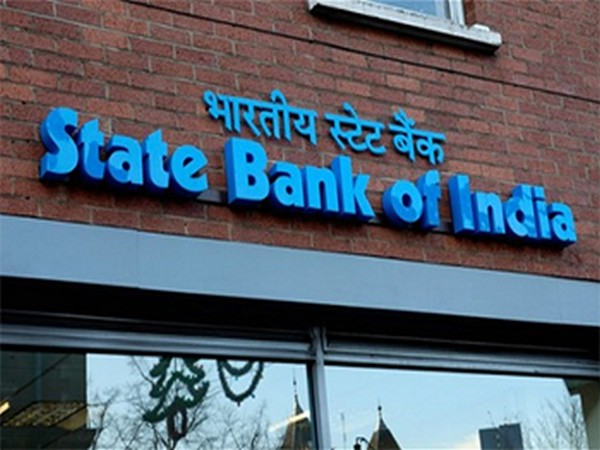SBI Warns Women-Centric Schemes May Strain State Budgets
A State Bank of India report highlights concerns over women's direct benefit transfer schemes, cautioning they could strain state finances ahead of elections. It reports a staggering Rs 1.5 lakh crore expenditure across eight states, urging for fiscal prudence and considering universal income transfer models for sustainability.

- Country:
- India
A recent report from the State Bank of India warns of potential financial strain on state budgets due to the surge in women-centric Direct Benefit Transfer (DBT) schemes. These initiatives, which aim to directly provide monetary benefits to women, have become increasingly popular, particularly as elections approach.
The report points out that such schemes have already incurred a substantial cost of Rs 1.5 lakh crore across eight states, amounting to 3-11% of their revenue receipts. While some states like Odisha, with its robust non-tax revenue, can handle these expenses without borrowing, others may face significant fiscal challenges.
Specific programs, such as Karnataka's Gruha Lakshmi scheme and West Bengal's Lakshmir Bhandar initiative, represent hefty portions of state budgets. The SBI report suggests that a universal income transfer system, supported by federal grants, could offer a more sustainable solution, potentially reducing market-disturbing subsidies.
(With inputs from agencies.)
ALSO READ
Maharashtra and Karnataka Excel to Seal Vijay Hazare Semi-Final Spots
Tragic Fire Incident Claims Lives of Two Young Boys in Odisha
Honey Trap Scandal: Karnataka Duo Arrested for Extortion
Protests Erupt Over Alleged Medical Negligence in West Bengal Hospital
Tragedy Strikes at West Bengal Hospital: Expired IV Fluids Blamed










